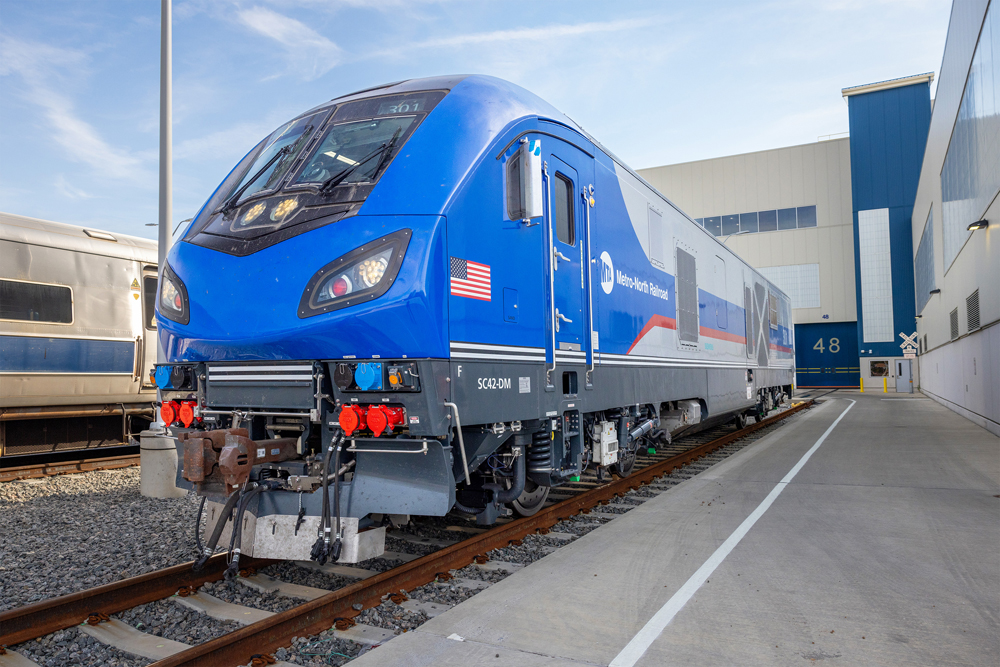That’s the view of a trio of TTX intermodal experts, who shared their outlooks during an Intermodal Association of North America webcast on Thursday.
Overall intermodal volume, which was down 2.7% in the first half of the year according to intermodal association data, is expected to remain below last year’s levels for the full year.
International volumes, which are up 0.6% through June 30, are expected to be flat this year. Domestic traffic, which is down 6% through the first half of the year, is expected to remain underwater thanks to shipping levels that are contracting toward those of 2017.
The U.S. economy is slowing this year, thanks in part to the impact of tariffs and uncertainty due to the ongoing trade dispute between the U.S. and China, says Melissa Peralta, senior manager of economic planning for TTX.
Retailers and other companies that rely on goods imported from China stepped up their purchases last year to beat tariffs that went into effect this year. As a result, inventories are higher than normal and imports from China are down this year, contributing to the weakness of international intermodal.
International volume has been a tale of two coasts this year, with volume at West Coast ports down 1.8% as east coast port volume increased 8.1%.
This has significant ramifications for intermodal volume, says Peter Wolff, director of market development at TTX.
Cargo that lands on the West Coast has a 70% change of moving inland via rail, while freight landing at East Coast ports has only a 20% chance of moving to its destination via rail. The shorter hauls in the east make rail moves much less competitive with over-the-road trucking.
Volume is down at West Coast ports primarily due to a decline in imports from China due to tariffs. Volume is up on the east coast due to increased imports from countries in southern Asia, which tend to take an all-water route via the Suez Canal. The expanded Panama Canal and shippers’ desire to diversify their supply chains also are playing roles in higher volumes at East Coast ports.
Domestic intermodal volumes are down partly due to more capacity in the trucking industry and the impact of lane cutbacks as railroads streamline their intermodal networks under shifts to Precision Scheduled Railroading operating models.
Domestic container volume is likely to remain subdued during the traditional fall peak.
“We certainly don’t expect a sudden rebound,” says John Woodcock, director of market development at TTX.













With the talk of tariffs and retaliations, many retail operations have tried to balance the costs of tariffs against the costs of storing deliveries that were made early to avoid the tariffs. The early deliveries may lead to lower than normal merchandise shipping volumes in the second half of the year. This may be just another ripple that causes some bobbling in the economy.
The inverted yield curve is another recession early warning signal.
All the signs and portents are in place for a recession, including a falloff in rail traffic. For what it’s worth, OTR trucking is off as well.
We are about to go into the Christmas shopping season. Like it or not, this is the high-volume sales period in the year, and it is consumer driven. If we have a bad shopping season then there will be no question that we are in a recession. Regardless, I have been expecting the bottom to drop out for quite some time. This could be it.
The above comments are generic in nature and do not form the basis for an attorney/client relationship. They do not constitute legal advice. I am not your attorney. Find your own damn lawyer.